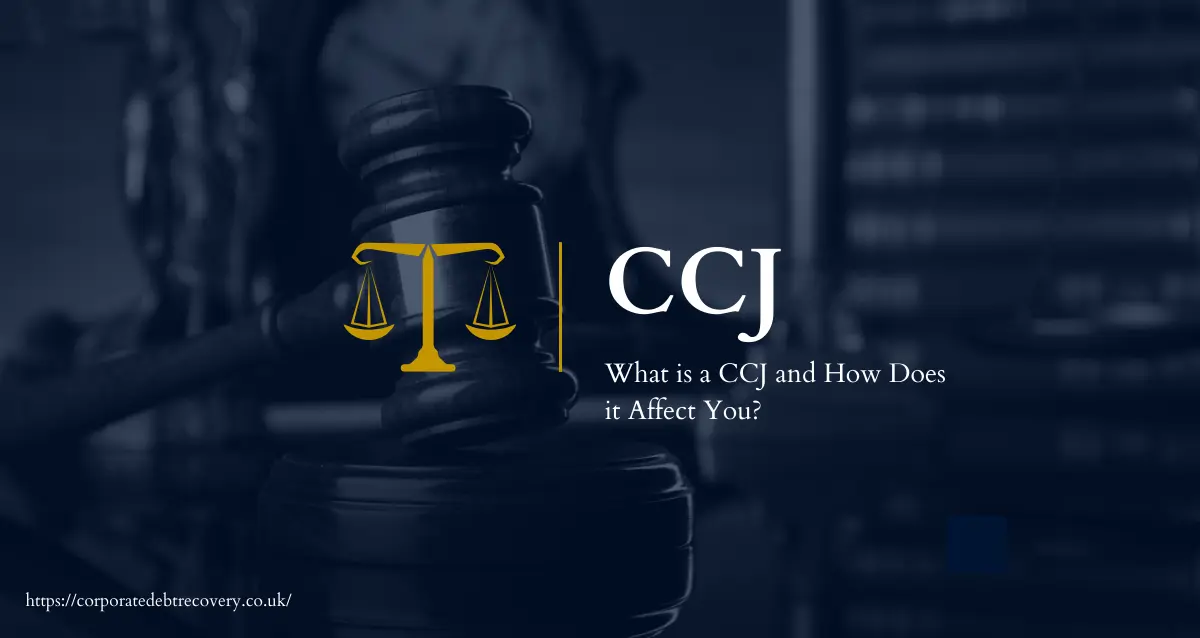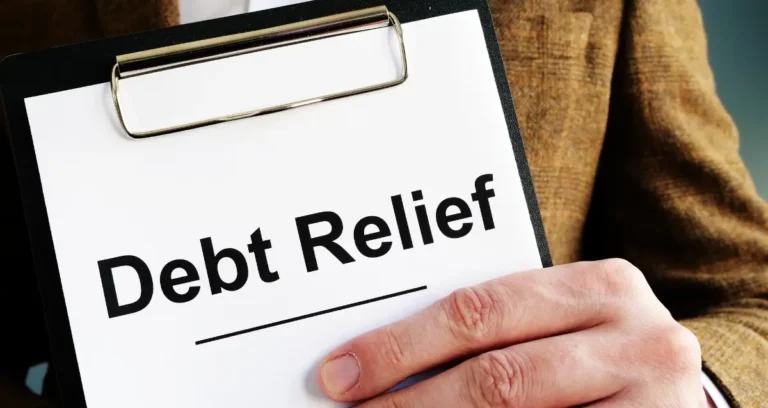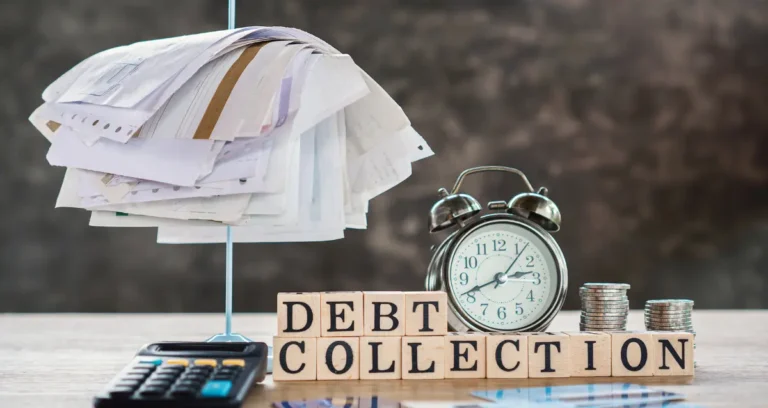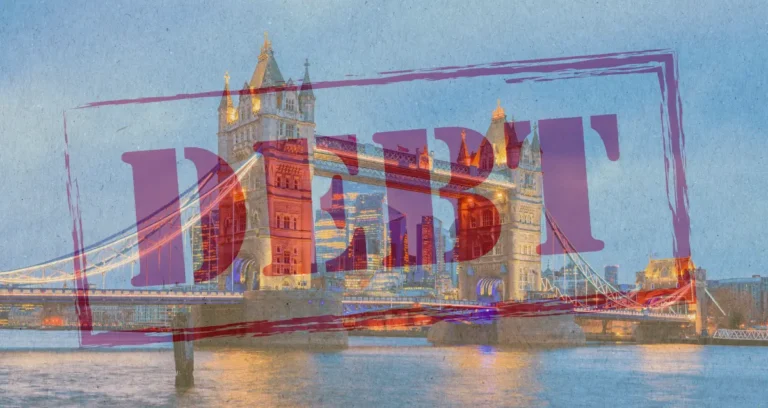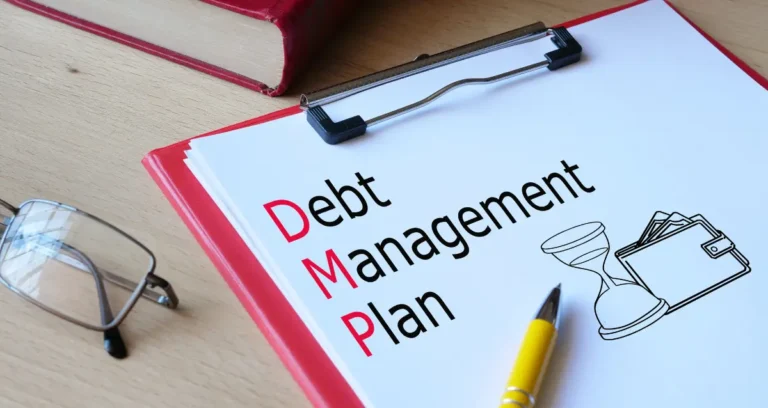What is a CCJ and How Does it Affect You?
Have you ever heard of a CCJ and wondered what it is? Or perhaps you have received a letter or notice mentioning a CCJ and are unsure of its implications. In this blog, we will explore what a CCJ is, how it is obtained, and how it can affect you.
What is a CCJ?
A CCJ stands for County Court Judgement. It is a type of court order issued by the County Court of England and Wales, which can be used to enforce payment of a debt. This means that if you owe money to someone, they can apply to the court for a CCJ against you to try and get the money back.
A CCJ is usually seen as a last resort for creditors who are struggling to recover their money from someone who owes them. It is generally used for cases where the debtor (the person who owes the money) has failed to respond to previous attempts to recover the debt, such as letters or phone calls.
How is a CCJ obtained?
A CCJ can be obtained in two ways – through the County Court Business Centre (CCBC) or the local County Court.
The majority of CCJs are obtained through the CCBC, which handles large numbers of claims from businesses and organizations. To obtain a CCJ through the CCBC, the creditor must first send a letter before action to the debtor, giving them a deadline by which they must respond. If there is no response or agreement reached by this deadline, the creditor can then apply for a CCJ through the CCBC.
On the other hand, if the amount owed is less than £10,000 or if the creditor is an individual rather than a business or organization, the CCJ must be obtained through the local County Court. In this case, the creditor must fill out forms and provide evidence of the debt owed. The court will then review the case and decide whether to issue a CCJ against the debtor.
It is important to note that a CCJ can also be obtained if the debtor fails to appear at a court hearing related to the debt, or if they do not respond to the claim form sent by the court.

How does a CCJ affect you?
Now that we have established what a CCJ is and how it is obtained, let’s discuss how it can affect you.
The first and most obvious impact of a CCJ is on your credit score. A CCJ will remain on your credit file for six years, even if you pay off the debt in full. This can make it challenging for you to obtain credit in the future, as lenders will see you as a higher-risk borrower. In some cases, you may be denied credit altogether due to having a CCJ on your record.
In addition to affecting your credit score, a CCJ can also lead to enforcement action being taken against you. This means that the court can order bailiffs to visit your home to take possession of your belongings to repay the debt. This can be a distressing and embarrassing experience, and may also incur additional costs for you.
Furthermore, if you fail to pay off the CCJ within 30 days of receiving it, it will be recorded on the Register of Judgements, Orders, and Fines. This register is publicly accessible, meaning that anyone – including potential employers – can see that you have had a CCJ against you. This can have negative consequences for your job prospects and may harm your reputation.
Is there any way to avoid a CCJ?
The best way to avoid getting a CCJ is to communicate with your creditors and try to come up with a payment plan that works for both parties. If you are struggling with debt, it is important to seek help and advice from debt charities or organizations as soon as possible. They can help you negotiate with your creditors and come up with a plan to manage your debt.
If you do receive a CCJ, you can apply to the court to have it set aside or varied. This means that the court will review your case again and may decide to change the terms of the CCJ, such as the amount you owe or the timeframe for payment. However, this is not a guaranteed solution and it is best to avoid getting a CCJ in the first place.
Conclusion
In conclusion, a CCJ is a court order issued by the County Court of England and Wales to enforce payment of a debt. It can be obtained through the County Court Bulk Centre or the local County Court and can have major consequences on your credit score, ability to obtain credit, and even your reputation. The best way to avoid a CCJ is to communicate with your creditors and seek help if you are struggling with debt. Remember, prevention is always better than cure when it comes to CCJs.

